Seeking help for your mental health is a significant step toward healing and well-being. Your first meeting with a therapist or psychiatrist may feel like meeting a new acquaintance or co-worker with excitement, awkwardness, or nervousness. It’s common to have apprehensions like, “What would I even say?” or “Will they judge me?” Fortunately, your first intake interview appointment is a safe, judgment-free space designed for you to openly share your thoughts and emotions at your own pace. We at MedPsych Associates are here to demystify the intake interview, going over its purpose and offering some helpful tips for preparing for your first appointment to give you a confident start on your path to better mental health.
Understanding the Intake Interview and its Purpose
According to Karl Stephens, Director of Intake at MedPsych Associates, “The intake interview is the foundation for successful treatment. Just like how you’d need to lay a concrete foundation before building a house, the intake interview ‘lays the concrete’ for your path to better mental health and self-discovery.” The intake interview sets the stage for your mental health journey. Despite the initial discomfort of sharing your deepest thoughts and emotions with a stranger, approaching the intake interview with an open mind and a willingness to share your thoughts and emotions is essential, as your mental health provider’s primary goal is to provide the best possible care. During this meeting, they will ask about your background, concerns, goals, and past medical and psychiatric history, allowing them to create a personalized treatment plan.
Preparing for Your Intake Interview
Before your intake interview, it’s helpful to gather any relevant information to assist your mental health provider in understanding your unique situation. Consider the following preparation tips:
- Self-Reflection: Take some time to reflect on your emotions, concerns, and goals for seeking treatment. It helps to think about what made you want to seek treatment and what you would like to achieve ─ it’s okay if this is a little challenging. You are not expected to have all the answers. You may find this step easier if you write down your thoughts on paper or in a journal and take them to your appointment.
- Medical and Psychiatric History: For your mental health professional to help you best, try compiling a medical and psychiatric history. To the best of your ability, gather a list of any past and current medical conditions, psychiatric-related hospitalizations, past therapy experiences, medications you are currently taking, medications you have tried and stopped, and any side effects you may have experienced.
The Intake Interview Process
During your intake interview, your mental health provider will guide the conversation and ask various questions to gain a deeper understanding of your circumstances. These questions may cover topics such as:
- Presenting Concerns: The professional will inquire about the reasons that led you to seek treatment (this is where you want to be prepared to talk about any challenges you are experiencing).
- Background Information: Expect questions about your background, personal and family history, relationships, and daily routines. This information helps the professional gain insights into your overall life context. Furthermore, your mental health provider might ask for information like your birthdate, home address, phone number, and email for administrative and record-keeping purposes.
- Treatment History: Your mental health provider will ask about any previous hospitalizations, treatment programs, outpatient treatment, medication history, or any interventions and their outcomes.
- Goal Setting: Knowing where you want to be at the end of your treatment helps decide the treatment you will encounter. Goal setting is your way of explaining to your mental health provider what you’d like to achieve from your treatment. After discussing your goals, your mental health provider will collaborate with you to establish realistic and achievable goals for treatment that best fit your needs.
- Confidentiality and Consent: Your mental health professional will emphasize confidentiality and your privacy and may ask for consent to share information when needed, such as with other healthcare providers or your support network, to provide comprehensive, holistic care.
After the Intake Interview
Once the intake interview is complete, you and your mental health provider will discuss the next steps in your mental health journey. Typically, this means creating an individualized treatment plan, which may involve selecting the best method of therapy, determining the frequency of future sessions, deciding if medication is beneficial, or recommending additional assessments or referrals to specialists.
Seeking Help is a Sign of Strength
Sometimes, we feel insecure about needing help, feeling like getting help diminishes our reputation or sense of self, but recognizing when you need help and then taking the necessary steps to get that help is a true sign of strength and courage. To overcome the obstacles that prevent us from getting the help we deserve is a milestone in your mental health journey.
Karl says, “My goal is always to make people feel comfortable, supported, and heard during the intake interview. I want to establish a connection with them, understand their concerns, and address any questions they may have. I try to be very attentive and empathetic during this process because I know it can be overwhelming for anyone. I want them to know they are not alone, and we are here to help them navigate their mental health journey with care and compassion.“




